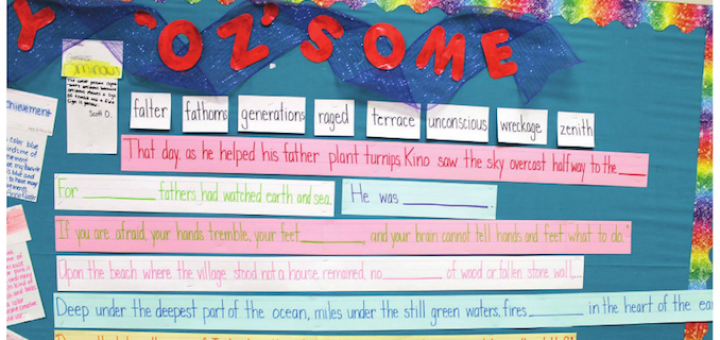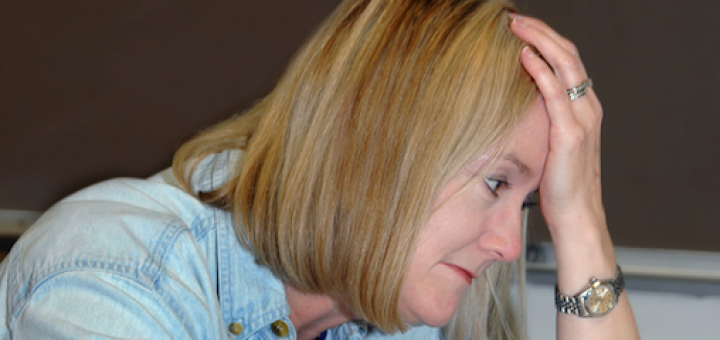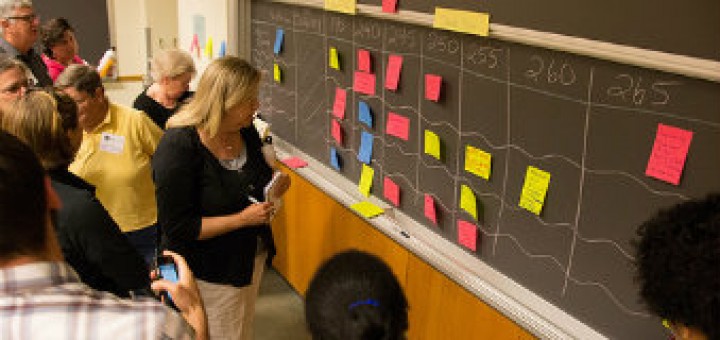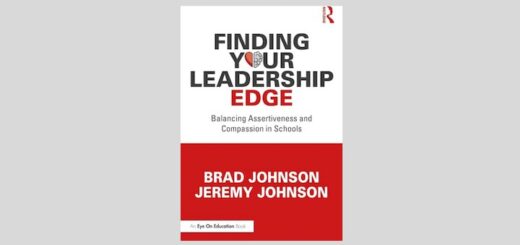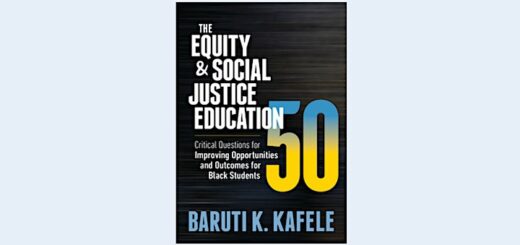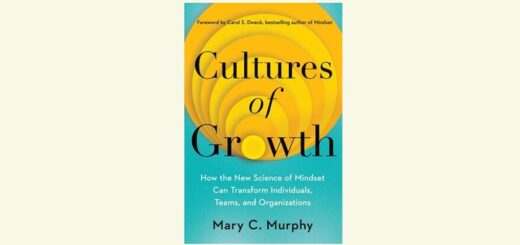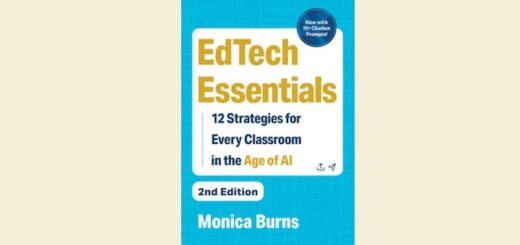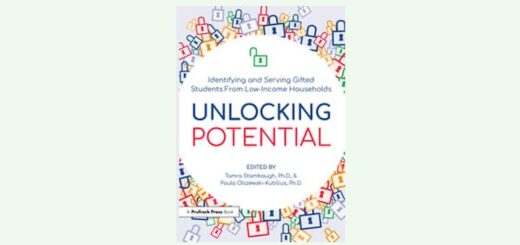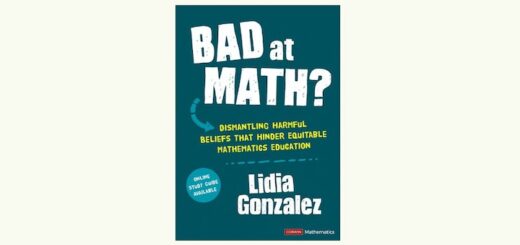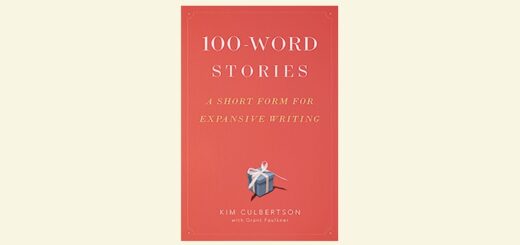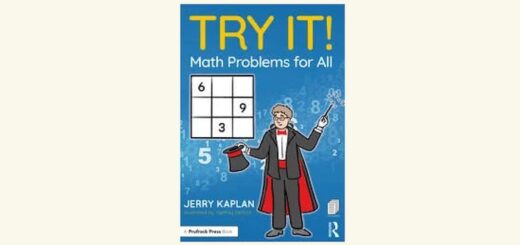Teaching and learning in grades 4-8
Nancy Dean has created mini-lessons to help students come to a deep understanding of the often misunderstood concept of “voice.” The lessons are solid & implementable, using familiar excerpts from complex & engaging literature, says reviewer Sarah Shah.
Barbara Blackburn provides easily executable concrete examples, stories and strategies for teachers to help students become more motivated, connected and successful in school. Special education teacher Laura Von Staden’s favorite story: the Blue Ribbon Ceremony.
As a school leader, consultant Frank Buck’s experience was that “if I wanted to launch something new, re-tool something old, or do some course correction, October was my best shot.” Here, Buck suggests several organizational ideas to pursue during the October Oasis.
Should the curriculum in a co-teaching classroom setting look different from a typical general education classroom? That’s the most frequently asked question co-teacher coach Elizabeth Stein encounters about inclusive classrooms. The answer? Read on.
Vocabulary knowledge is the heart of reading comprehension and academic achievement, says literacy consultant Brenda Overturf, “and it means way more than just learning words.” Students must have the tools to decipher unknown academic words. She shares three of the best.
The expectation among non-educators seems to be that if teachers would just do their jobs, the supply of STEM professionals would be more than adequate. Award winning science teacher and STEM curriculum consultant Anne Jolly finds this position naive, at best.
It’s face to face, school or district wide, sometimes wi-fi’d, and always free. Most of all, EdCamp is do-it-yourself PD, planned by volunteers and led by attendees.
Reviewer Susie Highley put what she learned in What Connected Educators Do Differently to work in organizing an edcamp and remotely attending ISTE this summer. She highly recommends the book to newly connected and veteran social media users.
Kate Messner’s 59 Reasons to Write helps teachers who want to write get started and keep at it. Educator Kevin Hodgson reports every chapter is knee deep in advice from Messner and other teachers and writers. And the book is packed with opportunities to write.
Pam Robbins’ Peer Coaching offers recent research, broad questions and discussions, and practical applications which coach Holly Foley believes can advance student achievement while supporting professional growth and contributing to positive school culture.





